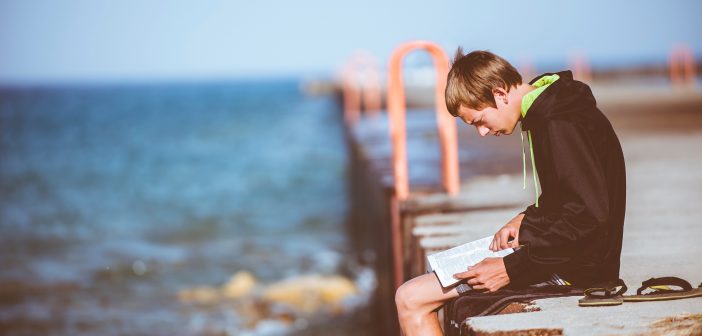Being “responsible” as an adult usually means paying bills, going to work and looking after those under our care. In truth, a lot of things about responsibility can be a bit of a drag.
But for a child, being labelled responsible is often an exciting prospect because it makes them feel like they are grown up, have control over something and are trusted.
We all want our kids to grow up to be responsible adults who contribute to society, so what better time to start teaching them responsibility when they are eager to learn!
1. Start early – Even toddlers can have responsibilities such as helping put away toys. Letting them know early on that everyone contributes to the household is a good way of paving the way for responsibility, even before they can say the word!
2. Let them help – This can be hard for many time poor parents. Little kids love to help and often it means more work and frustration for us in the long run. However, if we keep turning them down, they will come to think their input it not needed and expect us to do it for them all the time. Take a deep breath and let them have a go.
3. Teach consequences – Learning consequences is a big part of learning about responsibility. Let your child be responsible for their own things such as packing their school bag, remembering library books and sporting equipment. If they don’t do those things they will soon learn the consequences.

4. Give them structure – By having a routine, kids know what the expectations are. Most kids work well with structure. A checklist of their responsibilities is a good way to help keep them on track. Make any chores they have to do part of their routine to help remind them of their responsibilities. For example, do homework, feed the dog and have a shower before TV time.
5. Praise them – We all respond well to positive feedback. While no one probably thanks you for doing the dishes, giving kids praise when they complete a task will help reinforce the action and encourage them to take initiative elsewhere.
Teaching our kids responsibility is all part of fostering their emotional intelligence and help them grow into good humans.

